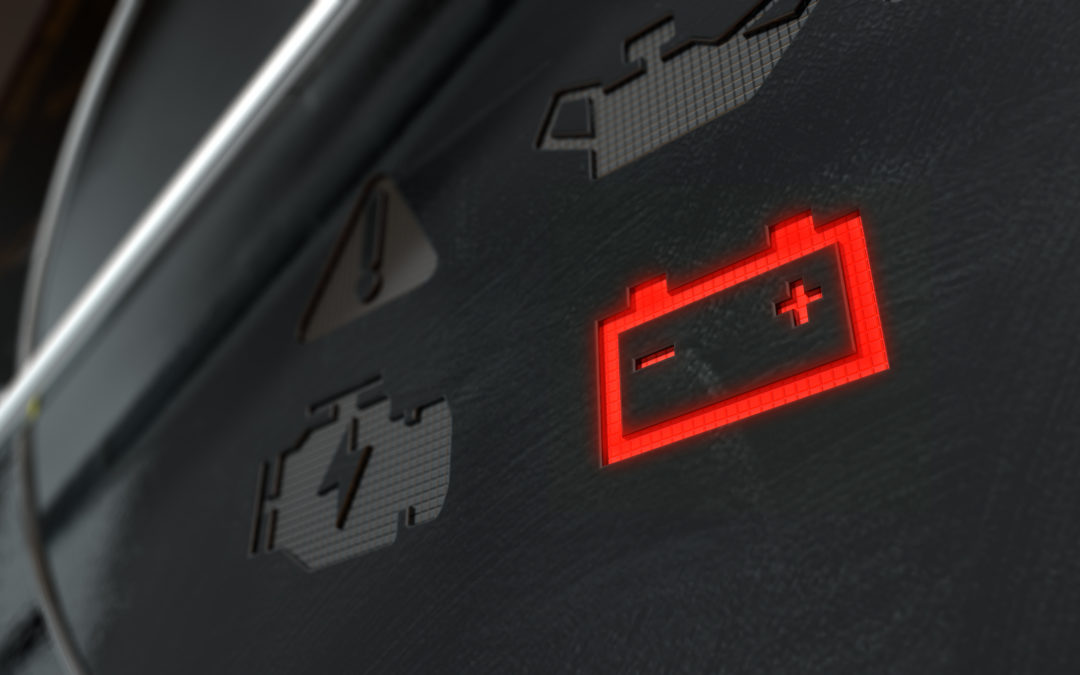If you have ever experienced a dead battery in your vehicle, you know that sinking feeling when you turn the ignition or push the starter, and nothing happens. Dead batteries are a major inconvenience because unless you can get it re-started with a jump, you need to have your vehicle towed or arrange on the spot replacement. In this month’s blog, we review what you should know about your vehicle battery to better understand how and when the battery may stop working.
What is the function of the battery?
The battery is an essential component in the operation of your vehicle. Without the battery, your vehicle will not function. That’s because the battery provides a charge to your starter motor to crank up the vehicle. Once the vehicle is started, your battery works to keep it running by keeping the voltage current steady. The battery may even help supply electrical power to vehicle components, if necessary. The charge is generated from the battery through a chemical reaction inside the battery that produces an electrical current.
How long does a battery last?
It’s inevitable, your battery will run out of power at some point. On average, batteries last anywhere between three to five years. Battery power can be diminished based on your driving habits, and exposure to different climate elements. For example, if you live in a coastal community you may have a shorter battery life because of the salt air. Or extreme climates with cold will work your battery harder than when under normal conditions.
How do you know if a battery is beginning to fail?
While most drivers are typically surprised by a dead battery, your vehicle battery may show some signs prior to failure. In some cases, this is just an early warning for the battery to fail, and in other cases, you may be able to extend the battery life a little further by addressing the issue.
- Dashboard warning: If your battery is on its way to failing, the Check Engine light may illuminate on the dash. While this could be a myriad of things, if the light goes out after the vehicle is running it might indicate an issue with the battery.
- Difficult start: If your vehicle is having trouble starting, or whirrs several times before kicking in, this may indicate a battery problem. The charge may not be enough to initiate a quick start, and it may be labored.
- Low fluid level: Your battery may be low on its fluid, and you may be able to see it through the translucent casing on the battery. This reservoir is sealed so you can’t do anything about it, but it could be a sign that the battery will fail.
- Corrosion and smells: If you notice corrosion around the terminals, or it smells like rotten eggs, your battery may be hindered by the corrosion. You can do a simple cleaning of the battery terminals with a toothbrush, fresh water, and baking soda. To make sure you are doing it right and safely, search online for steps in self-cleaning your battery.
If you have concerns about your vehicle battery, it’s always a good idea to address it before you end up stranded on the side of the road. You can take it to a service professional at Campus Repair and we can run diagnostics to check the charge on the battery and inspect it for any issues. Give us a call today to set up an appointment to inspect and/or replace your vehicle battery.

